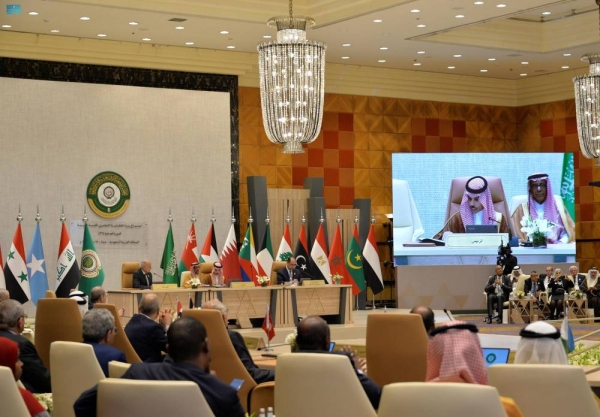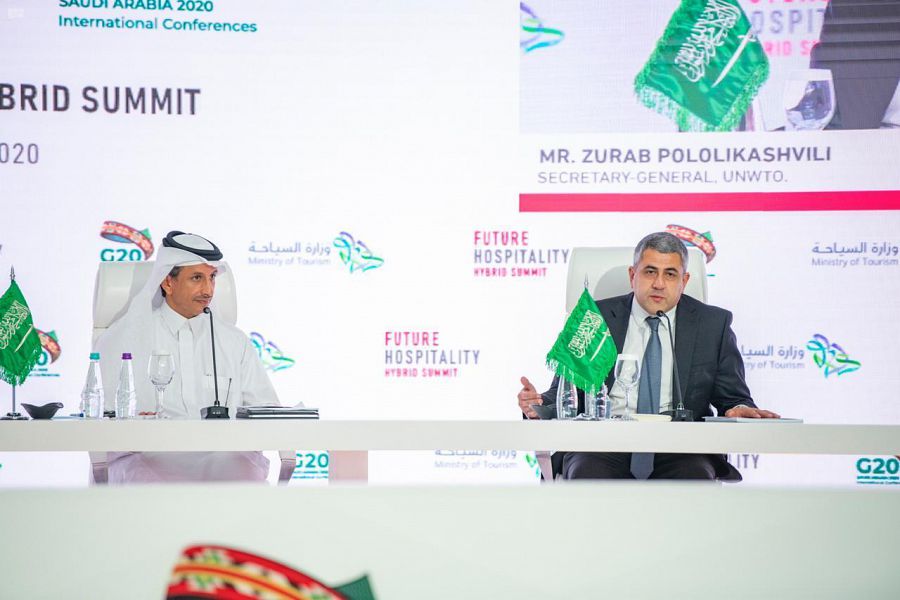
The results of Friday’s summit on Syria in Tehran fell short of the Kremlin’s expectations, not only because they did not yield understandings that would push forward the Idlib operation, but because the talks revealed the weakness of the Astana path despite the efforts of the Russian, Turkish and Iranian presidents.
The Astana path has not turned into a “de factor alliance” or a course of action for those forced to be together due to the current circumstances, said Russian analyst.
The regional and international changes and Washington’s policies are forcing these three powers to maintain the least degree of commitment in order to preserve their tripartite alliance, he added.
The Tehran summit revealed that the disputes between the three sides will grow deeper and more complicated the more the Syrian conflict reaches its decisive point. Russian Foreign Minister Sergei Lavrov had recently stated that the final goals of each of Moscow, Ankara and Tehran are “not exactly aligned.”
Moscow was banking on the success of the summit in order to launch a limited operation that would limit the Nusra Front’s ability to carry out attacks against the Latakia province and Russia’s Hmeimem air base.
Agreements were instead reached on the military and diplomatic levels to launch a limited operation that would see the establishment of a “security belt” that extends from Jisr al-Shoghur in the North to the al-Latamne town in southern Idlib. The regime would be barred from entering the city and Ankara would be tasked with exerting efforts to separate the Nusra Front from the other factions.
The open discussions between Russian President Vladimir Putin, Turkish President Recep Tayyip Erdogan and Iranian President Hassan Rouhani during the Tehran summit showed that the above “understanding” was incomplete.
Russian sources told Asharq Al-Awsat that the main obstacle lay in Ankara’s demand for guarantees that the regime would not expand any limited operation beyond the agreed borders. Turkey fears that any expanded operation would encourage the regime or Iranian militias to expand the battle.
Another important factor for Ankara is that the discussions on Idlib could later pave the way for discussions on Syrian regions that are controlled by Turkey. Any such talks may cost Erdogan a valuable card that bolsters his position in future negotiations on the final settlement in Syria.
The question here arises: Why did Moscow fail in presenting these guarantees to Ankara?
According to the sources, Russia is eager to launch the decisive Idlib military operation in order to bolster is position, with its Iranian and regime allies, against a possible American policy change in Syria. It was therefore unable to make concessions to Ankara.
Furthermore, the Tehran summit revealed that the three sides are still unable to push their discussions towards addressing a final settlement in Syria.
Erdogan’s unyielding insistence on achieving a truce and opposing any military operation now will complicate the efforts of the tripartite alliance.
Given these complications, it appears that the Tehran summit was aimed at “saving” the Astana path and the alliance between Russia, Turkey and Iran. The three powers acknowledge the weakness of their alliance, but realize the importance of preserving it, especially against Washington’s attempts to persuade western powers of the need to boycott the Astana path because it cannot act as a substitute to the Geneva path.
Moscow did not leave Tehran empty-handed. It managed to gain Ankara and Tehran’s support for constitutional reform in Syria and its initiative for the return of refugees.
The Astana path will remain fragile and susceptible to American whims, which should they materialize, lead to serious problems between the members of the tripartite alliance.












